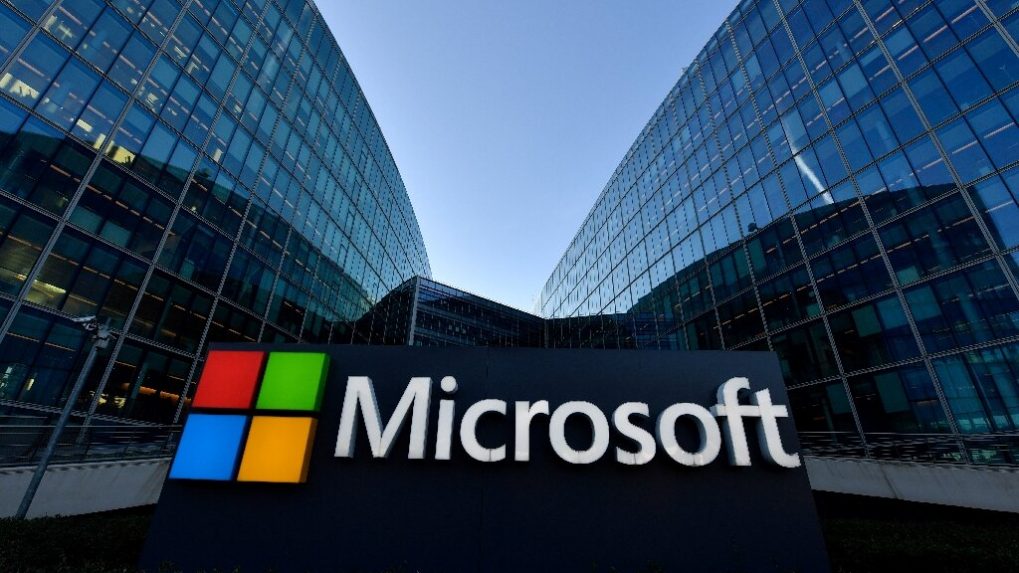Microsoft unveils vision for “Agentic” future of AI at Build 2025
At Build 2025, Microsoft unveiled a vision for an AI-driven future powered by autonomous agents, transforming how developers and enterprises build, deploy, and govern intelligent systems.
ADVERTISEMENT
In a series of announcements at its annual Build developer conference on May 19, Microsoft laid out an ambitious roadmap for the next era of artificial intelligence, one increasingly defined not just by smart models, but by autonomous, task-completing AI “agents.” The company revealed a slate of new tools, platforms, and protocols that aim to empower developers and enterprises to build, deploy, and govern these agents across virtually every domain of work, from software development and business operations to scientific discovery and healthcare.
At the center of the company’s announcements is its growing family of Copilot-branded services and Azure AI Foundry, Microsoft’s unified platform for building and managing AI applications. The company reported that more than 230,000 organizations, including 90% of the Fortune 500, have already used its Copilot Studio to create AI agents and automations. Meanwhile, GitHub Copilot, Microsoft’s AI-powered coding assistant, now counts over 15 million users.
Microsoft also unveiled new agent-focused capabilities in Microsoft 365 and GitHub, including asynchronous coding agents, multi-agent orchestration, and domain-specific training options. These updates aim to help users shift from manual workflows to intelligent agents that can proactively perform tasks, streamline collaboration, and adapt to enterprise-specific needs.
A new version of Windows AI Foundry will offer developers a consistent environment to train, fine-tune, and deploy models both locally and in the cloud, while new evaluation tools such as a Model Leaderboard and Model Router aim to help teams choose the right model for the right job.
As companies increasingly rely on autonomous agents to handle sensitive or complex operations, Microsoft is also turning its focus to safety, identity and governance. A new feature called Microsoft Entra Agent ID, now in preview, assigns unique identities to agents, offering enterprises a secure way to track, manage, and audit their behavior. Foundry’s integration with Microsoft Purview provides further compliance and risk management tools, such as automated evaluations and detailed performance reports.
To address the growing need for observability in AI deployments, the Azure AI Foundry Agent Service now offers detailed metrics around performance, safety, cost and quality, bundled into a streamlined dashboard.
In an effort to shape the future architecture of the internet, Microsoft introduced support for the Model Context Protocol (MCP) across its platforms and proposed a new open standard dubbed NLWeb, envisioned as a kind of “HTML for the agentic web.” The standard would allow websites to serve content not only to users but also to AI agents in a semantically rich format.
Microsoft also spotlighted Discovery, a new platform aimed at the scientific research community. Designed to harness the power of agentic AI, Discovery promises to accelerate everything from drug development to climate modeling by helping scientists automate and optimize every step of the research process.
Microsoft emphasized that developers remain at the heart of this transformation. By integrating open-source tools, embracing emerging protocols, and offering customizable enterprise-grade infrastructure, the company hopes to cement its position as the go-to platform for building the next generation of AI systems.
The announcements at Build reflect a rapidly evolving AI landscape, one in which software is no longer just written by people, but increasingly constructed, debugged, and deployed with the assistance of intelligent agents operating in real time.
Read More: Citroen appoints Xavier Chardon as new CEO

